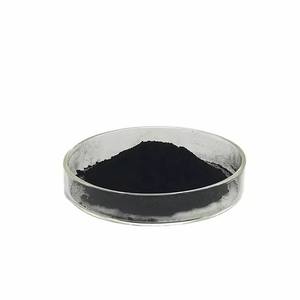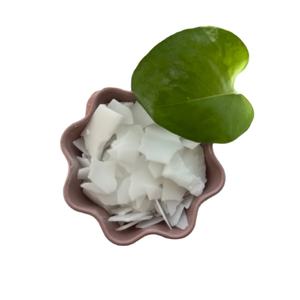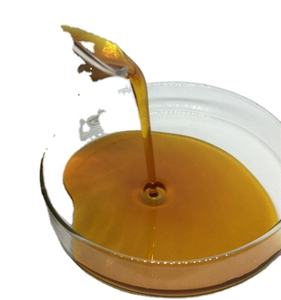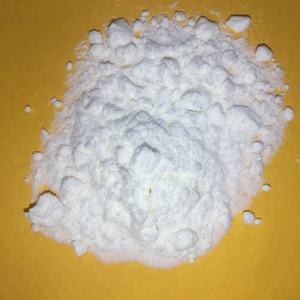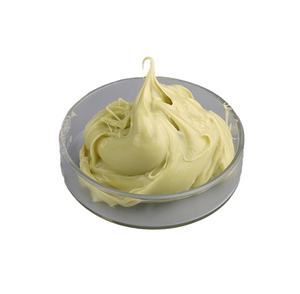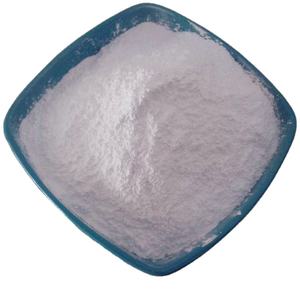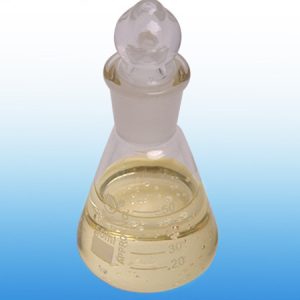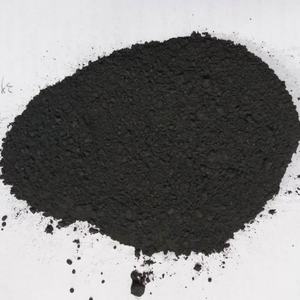One-stop lubrication solution | Discover the way to smoothness | Infomak
The Mighty Protectors: Anti-Rust Oils, Metal Functioning Oils, Building Oils, Industrial Lubricants, and Grease .
(Anti-Rust Oil Metal Working Oil Molding Oil Industrial Lubricants Grease)
Devices form our globe. They construct cars, craft devices, and create everyday objects. However metal faces opponents: rubbing, warmth, corrosion, and put on. That’s where industrial heroes step in. Anti-rust oils, metal functioning oils, molding oils, industrial lubes, and oil develop an unseen guard. They keep machines running efficiently. Without them, factories stop, engines take, and progress stalls. Allow’s check out these unhonored champions.
1. What Are Anti-Rust Oils, Metal Functioning Oils, Molding Oils, Industrial Lubricants, and Oil? .
Anti-rust oils are thin safety layers. They stop moisture from attacking steel surfaces. Photo a raincoat for steel. Metal working oils cool and lube during reducing, drilling, or stamping. They protect against getting too hot. Molding oils help release shaped components from molds. Think about non-stick spray for metal casting. Industrial lubes reduce rubbing in between moving components. They come as liquids or semi-fluids. Grease is thicker. It sticks to gears and bearings like clingy butter. All these items battle wear. They extend maker life. They save money on fixings.
2. Why Do We Required These Industrial Oils and Lubes? .
Metal isn’t invincible. Rubbing erodes gears. Warmth warps accuracy tools. Corrosion eats away at pipes. One fleck of rust can mess up an engine. Unsafe steel stops working faster. This triggers downtime. Downtime prices factories thousands per hour. These oils and lubricating substances avoid calamity. Anti-rust oils obstruct oxidation. Metal functioning oils let drills slice metal like cozy butter. Molding oils make certain flawless item surfaces. Lubricating substances keep conveyor belts humming. Oil safeguards heavy machinery in messy mines. Without them, assembly line choke. Makers howl in protest. Safety risks soar.
3. Just how Do These Products Job to Safeguard and Improve Metal? .
Anti-rust oils form an obstacle. They hold on to steel and ward off water particles. No water, no rust. Steel working oils do 2 tasks. Initially, they soak up heat from cutting areas. Second, they create an unsafe film. This film separates the tool from the work surface. Less friction implies smoother cuts. Molding oils pass through little pores in molds. They develop a release layer. Finished components bulge easily. Industrial lubes flow right into spaces. They coat gears, pistons, and chains. This decreases metal-on-metal contact. Oil traps itself in bearings. It sits tight under resonance. Its thick appearance seals out dirt. All these products consist of additives. These additives enhance efficiency. Some fight extreme pressure. Others withstand washout by water.
4. Applications: Where Are These Oils and Lubes Made Use Of? .
Every industry depends on them. Auto manufacturing facilities make use of steel working oils. They shape engine blocks and polish gears. Building websites rely on anti-rust oils. They protect excavator blades from rainfall. Food packaging plants pick food-grade lubricating substances. They grease conveyor belts safely. Aerospace designers apply specialized greases. These take care of rocket engine warmth. Injection molding devices need molding oils. They produce plastic playthings and medical devices. Delivering business layer freight containers with anti-rust oils. This fights salted sea air. Wind turbines make use of grease in huge gearboxes. It survives icy winds. Even your bike chain requires lube. It quits squeaks on hillsides.
5. FAQs: Your Burning Concerns Responded To .
Q: Can I utilize electric motor oil as steel functioning oil?
A: Never. Motor oil lacks extreme-pressure ingredients. Metal working demands specialized solutions. Wrong oil damages tools.
Q: How typically should I reapply anti-rust oil?
A: It depends. Outside devices in humid locations requires monthly layers. Indoor equipment lasts 6 months. Look for corrosion places.
Q: Is oil far better than fluid lube?
A: Often. Grease stays in place for slow-moving components. Liquids move quicker for high-speed systems. Choose based on maker speed.
Q: Are molding oils secure for food product packaging?
A: Only details NSF-approved oils. Criterion oils contaminate food. Constantly inspect accreditations.
Q: Can one product handle all jobs?
A: No. Anti-rust oils can’t decrease cutting heat. Grease will not stop mold sticking. Suit the product to the trouble.
(Anti-Rust Oil Metal Working Oil Molding Oil Industrial Lubricants Grease)
Machines demand care. They love the ideal oils and lubricating substances. Pick intelligently. Apply faithfully. Your equipment will compensate you with years of silent, efficient service.
